Europe must take its fate in own hands, can no longer rely on US for protection: Merkel
German Chancellor Angela Merkel says Europe can no longer rely on the United States for protection, urging European Union member states to take the bloc’s destiny in their own hands.
“It is no longer such that the United States simply protects us, but Europe must take its destiny in its own hands, that's the task of the future,” the German leader said at an award ceremony in Aachen, a German resort city near the border with Belgium, where French President Emmanuel Macron received the prestigious Charlemagne Prize for his efforts in boosting EU integration and cohesion.
Merkel’s comments came two days after US President Donald Trump declared that his country was pulling out of the Iran nuclear agreement, known as the Joint Comprehensive Plan of Action (JCPOA), saying Washington would not only reinstate the anti-Iran sanctions lifted as part of the deal, but would also “be instituting the highest level of economic” bans against the Islamic Republic.
The JCPOA came out of years of negotiations between Iran on one side and the P5+1 group of countries -- the US, UK, France, Russia and China plus Germany -- on the other, in July 2015.
The American leader announced his controversial decision after his European allies, including the UK, Germany and France, and a number of other countries failed to convince him not to pull out from the landmark accord. Trump also threatened all countries, the US allies included, with sanctions if they violated the US-embargoes against Iran, worrying Washington’s traditional allies in Europe.
Merkel's remarks also echo those of President of the European Commission Jean-Claude Juncker, who noted earlier on Thursday that the White House “had lost vigor, and because of it, in the long term, influence,” urging that Europe should take over the role of the US as the self-proclaimed global leader.
For his part, Macron, who has been insisting on his flagship reform proposals for the eurozone since he came to power in May last year, exerted further pressure on Merkel to agree with his proposals, most notably a common eurozone budget and finance minister, saying to her, “Don't wait, act now.”
“If we accept that other major powers, including allies, ... put themselves in a situation to decide our diplomacy, security for us, and sometimes even make us run the worst risks, then we are not more sovereign and we cannot be more credible to public opinion,” he said, in a clear attack against Trump's decision to withdraw from the hard-fought Iran nuclear deal.
“We need to choose, build, speak with all so as to construct our own sovereignty that will be the guarantor of stability in (the Middle East),” Macron stressed, whose other ambitious proposals for the eurozone include a joint military “rapid reaction force” and an EU tax on the revenues of technology giants.
Merkel, however, said that discussions on the eurozone were “difficult” between Berlin and Paris, underlining that disagreements still dogged many proposals for further integration of the bloc.
But she acknowledged that “the European economic and currency union must be made more sustainable.” The German leader also vowed that EU member states would make the eurozone “more crisis-proof.”
Although Merkel said that she expected agreements on a banking system, she remained silent on the French president’s call for a common eurozone budget.
In January last year, Trump described the UK’s referendum in June 2016 to withdraw from the EU as a “great thing,” arguing that the bloc was heavily influenced by Germany.
EU leaders have since been rattled by Trump's comments on Europe, which they say are aimed at destroying the integrity of the bloc by advocating other nations to follow Brexit.
VIDEO | Press TV's news headlines
VIDEO | Pakistan mosque attack in Islamabad sparks protests in Kashmir
Hamas condemns Israel's 'fascist settler-colonial' project aimed at annexing West Bank
Iran's Greco-Roman wrestling team wins championship title at Zagreb Open 2026
VIDEO | UK arrests Press TV contributor amid crackdown on pro-Palestine activism
VIDEO | Axis of Resistance stands as multinational front for justice
Swiss academics call for end to research treaty with Israel over Gaza genocide
VIDEO | Israeli regime harasses, tortures Gazans returning through Rafah crossing






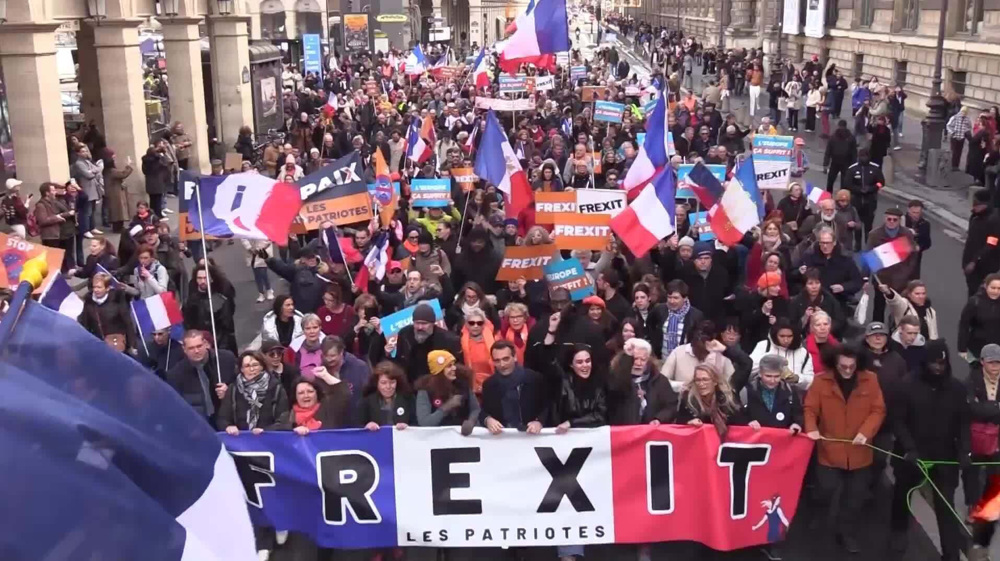
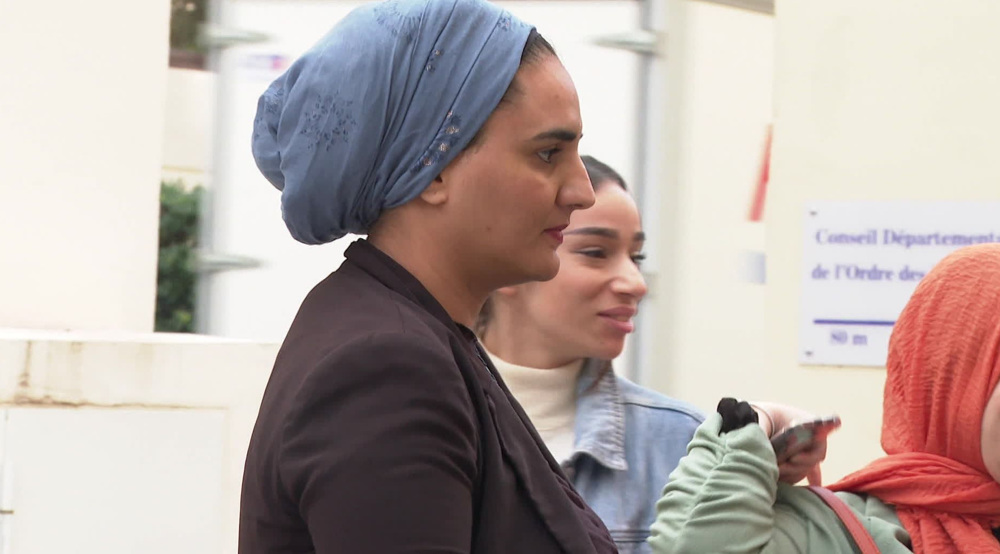
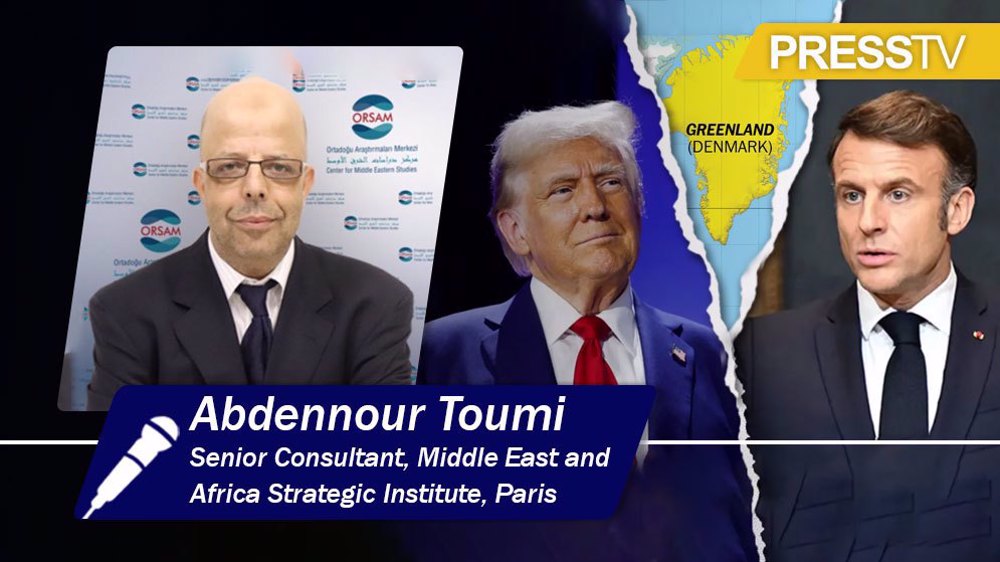



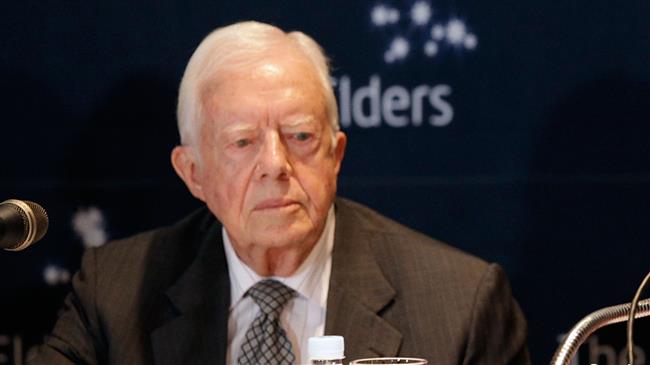


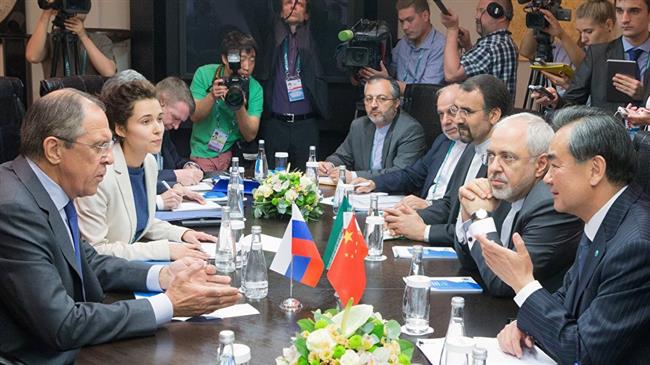

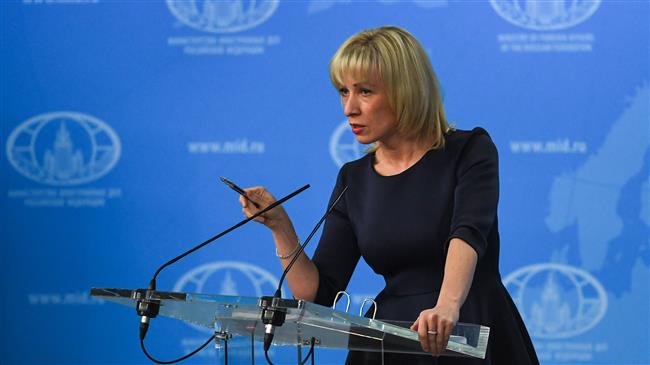

 This makes it easy to access the Press TV website
This makes it easy to access the Press TV website